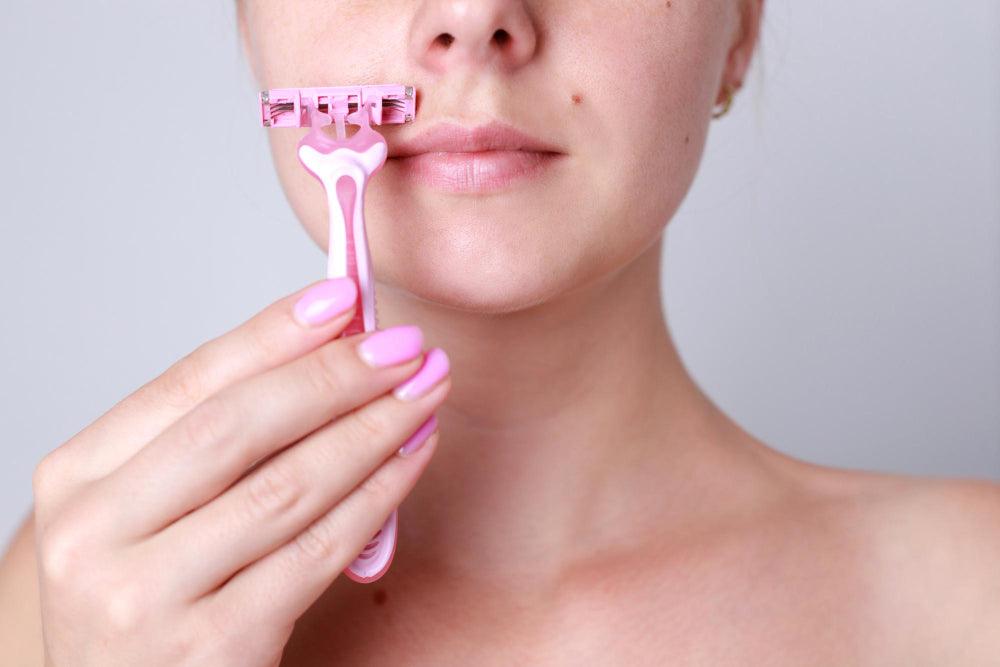
Related products
What’s covered?
Although, it’s completely natural to have facial hair, quite a few women find them annoying. Facial hair exists in all sizes, shapes, and thicknesses. Some portions of the face may have very light and fine hair like those on your cheeks and forehead, your eyebrows may be somewhat thicker, the upper lip hair may have dark hair that may be a little more obvious and the stubble on your chin may occasionally feel thick and prickly.
Some women may suffer from excessive hair growth, which they may seek treatment for. Excessive hair growth may be caused by an underlying disease or hormonal disorders like polycystic ovarian syndrome. Some women may have an excess of the male hormone, testosterone which results in excessive hair growth even on the facial skin. No matter your type of hair growth, if you are looking forward to getting rid of them, you’ll be happy to know that there are a wide variety of options for you. Whether you wish to temporarily get rid of your facial hair or even permanently, there is a sure-shot solution for you.
Methods of Facial Hair Removal
Temporary methods include:
1. Shaving
2. Waxing
3. Threading or tweezing
4. Epilating
5. Topical Creams
6. Depilating Creams
Permanent Methods:
1. Laser
2. Intense Pulse Light
Temporary methods of facial hair removal
1. Shaving
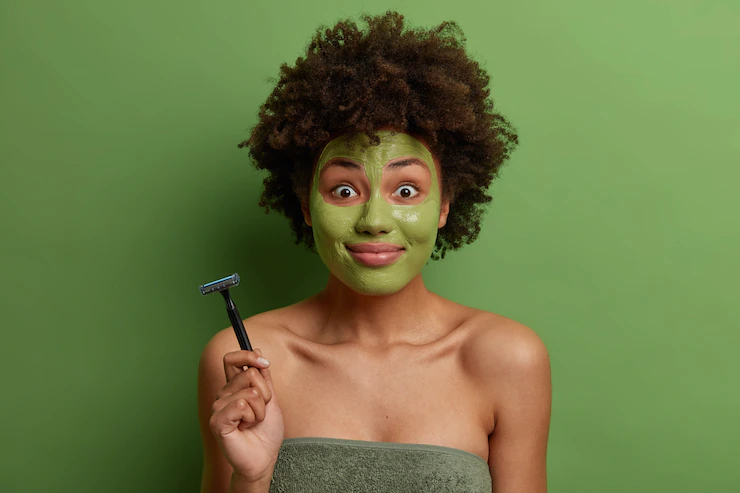
Also available as electric razors or battery-operated razors, shaving is by far the easiest method of facial hair removal. However, your hair grows back again quickly and may also appear thicker, as shaving only cuts the portion of hair above the skin surface. You may want to shave in the direction of hair growth to prevent ingrown hairs. One must be careful while shaving, as it carries the risk of causing minor cuts on the skin.
2. Waxing
Waxing is better at keeping unwanted hair at bay for longer when compared to shaving. It involves removing the whole length of hair from its root and therefore is effective for at least two to four weeks. Although expensive, it is better performed by a professional at a salon. In the case of sensitive skin, one must watch out for redness, small bumps, and other signs of skin irritation.
3. Threading or tweezing
Threading is a good solution for the short hair on your eyebrows and the upper lip. With the help of a thread, a threading specialist or beautician mechanically pulls out hair from the skin. It removes hair deeply from its follicle, and thus prevents hair growth for two to three weeks. Tweezing is methodically similar to threading, the only difference being the use of a tweezer to pull out hair. This is a preferred option for people with sensitive skin, as it does not chemically irritate your skin.
4. Epilating
Being efficient and ergonomic, epilating will prevent the regrowth of hair for up to four weeks. It involves the use of a small device called an epilator to remove facial hair. It plucks hair from the skin like a tweezer, only plucks off many strands of hair at a single time. Epilators may be easily available at pharmacies or you may also obtain them online.
5. Topical Creams
Vaniqa is an example of topical hair removal cream that effectively reduces facial hair growth. It contains 13.9% eflornithine that chemically acts on your hair follicles, preventing hair growth for a longer period.
6. Depilating creams
This method involves chemically removing the hair on your skin. Veet is an example of depilating cream, a thick layer of which must be applied on the skin to effectively remove hair. As it chemically breaks down the hair on your skin, you may want out watch out for skin reactions or allergies. It is better to first perform a patch test.
Permanent Facial Hair Removal Methods
1. Laser Hair Removal
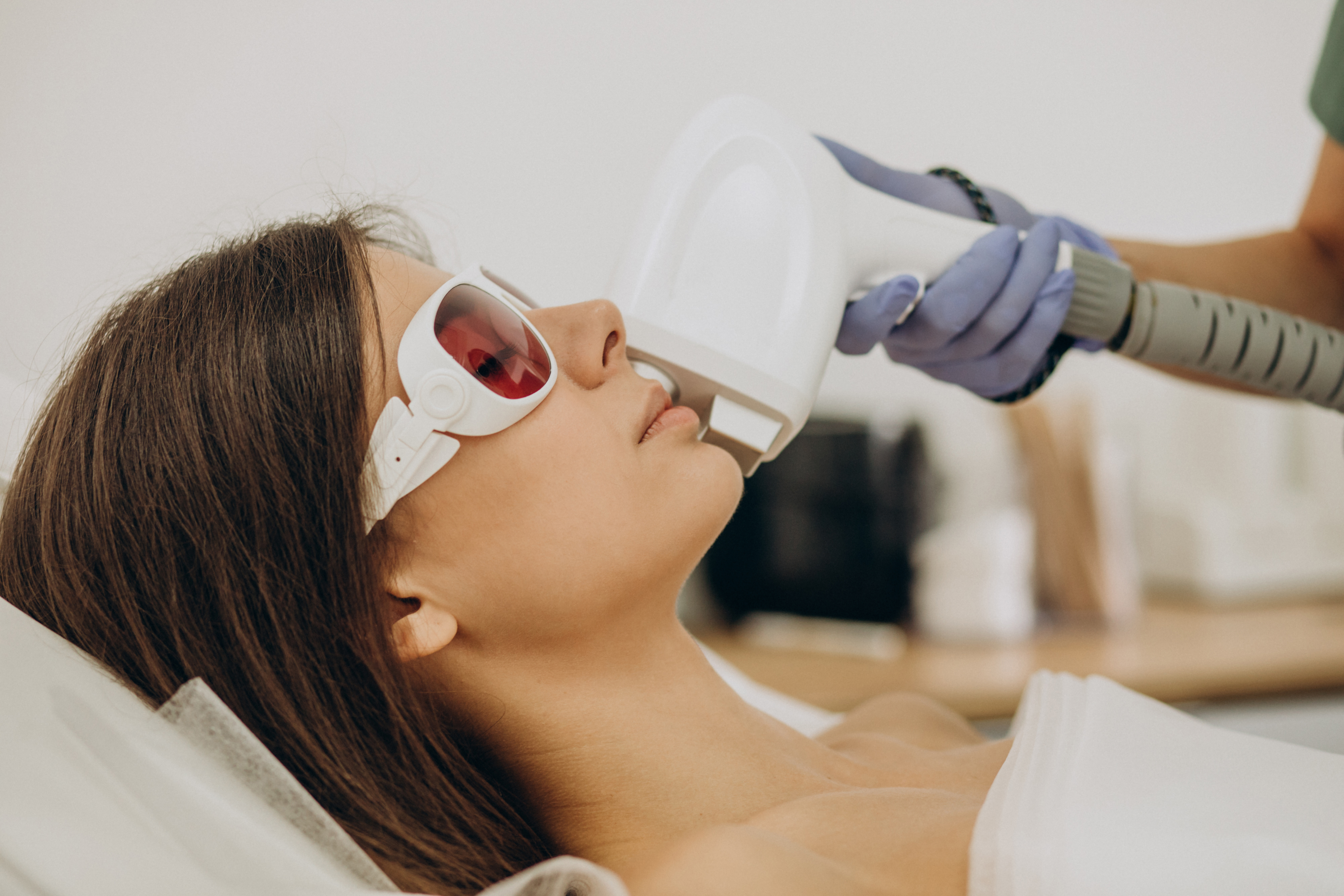 This method involves hair removal with the help of a laser, which is focused directly on the hair follicle and prevents hair growth in the long run. It may require around four to eight sessions of laser treatment. Later on, occasional maintenance sessions may be required as laser treatment is a semi-permanent solution that holds off hair growth from the follicle. This method involves the risk of burning your skin, so you may want to watch out for the same.
This method involves hair removal with the help of a laser, which is focused directly on the hair follicle and prevents hair growth in the long run. It may require around four to eight sessions of laser treatment. Later on, occasional maintenance sessions may be required as laser treatment is a semi-permanent solution that holds off hair growth from the follicle. This method involves the risk of burning your skin, so you may want to watch out for the same.
2. Intense Pulse Light (IPL)
More suitable for persons with lighter skin tones, it is similar to laser treatment, the only difference being the use of different wavelengths of light. It has reduced the risk of burning the skin as compared to lasers.
To find out more about health products or beauty tips read more on the Welzo Women's Health Hub.



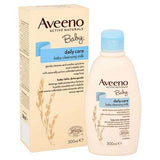
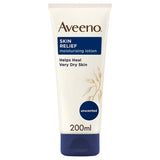
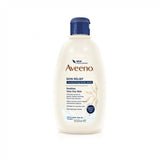
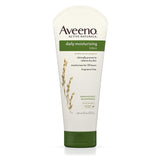
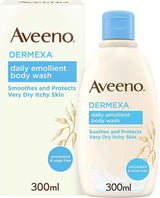
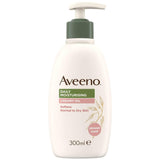
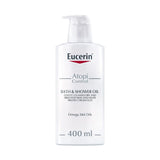
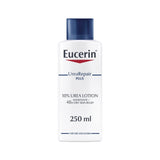
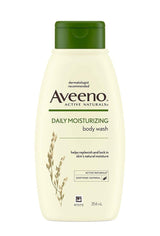
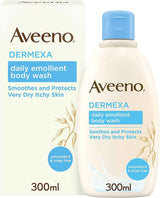
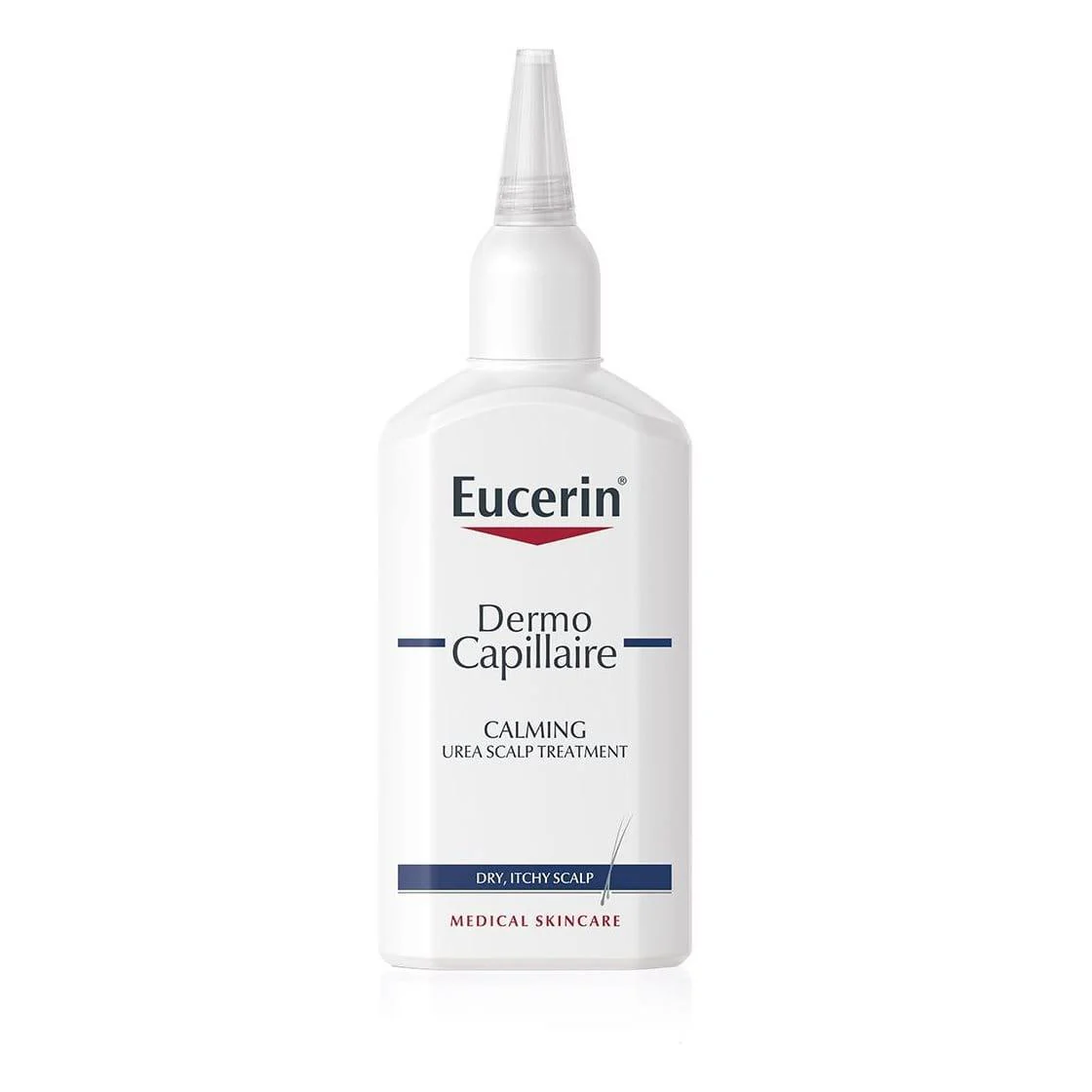
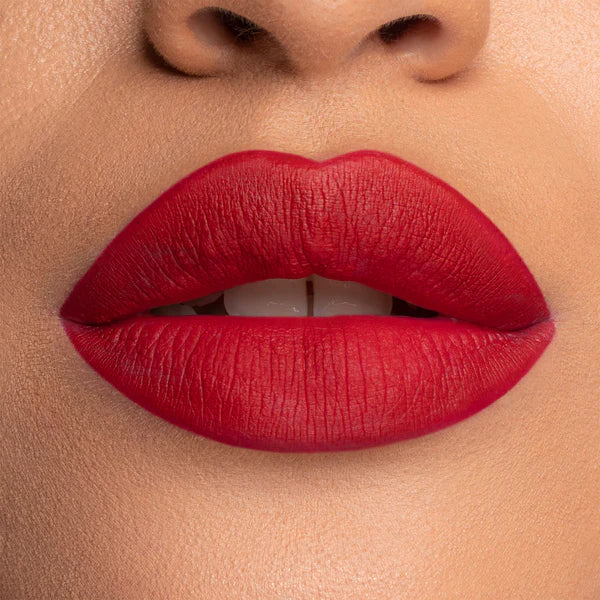
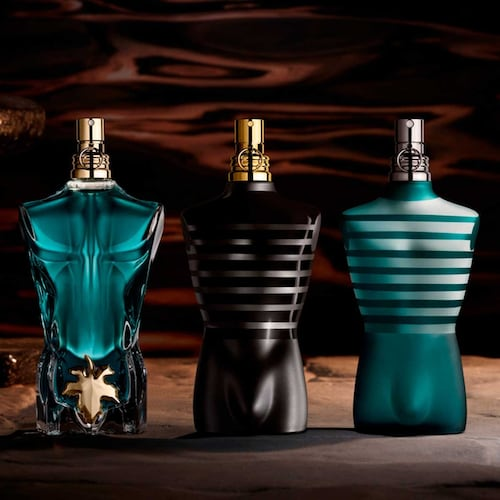
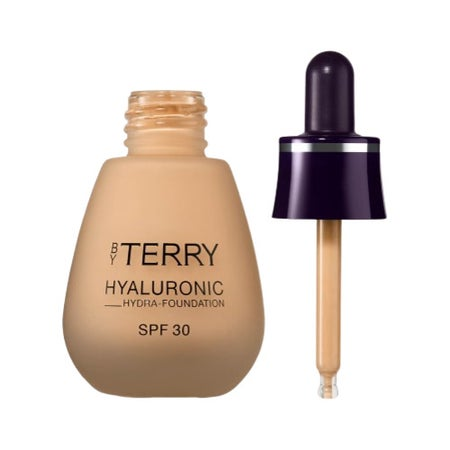

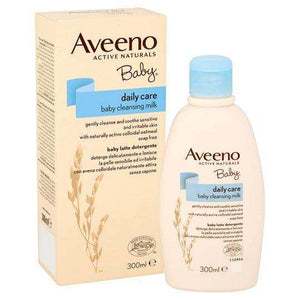
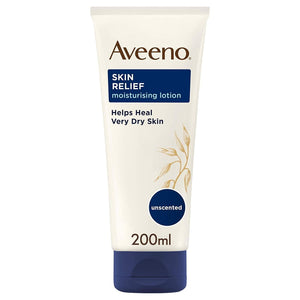
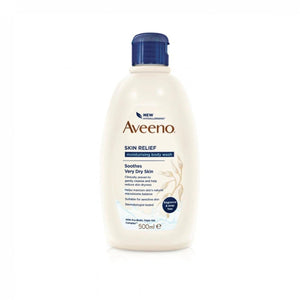
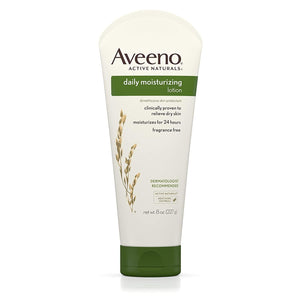
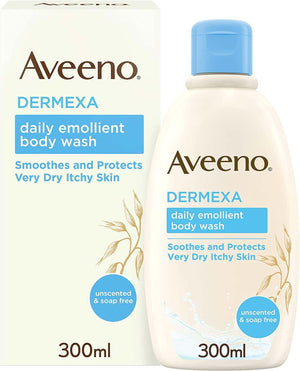
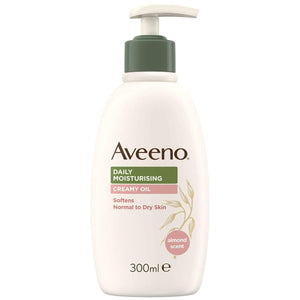
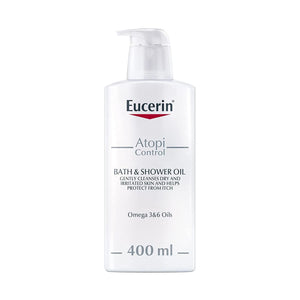
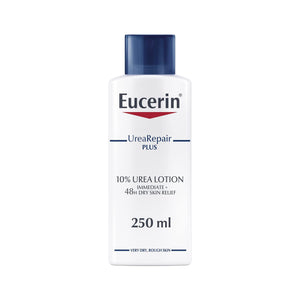
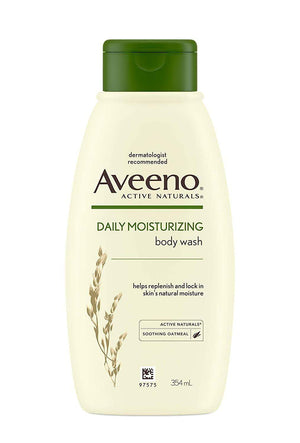
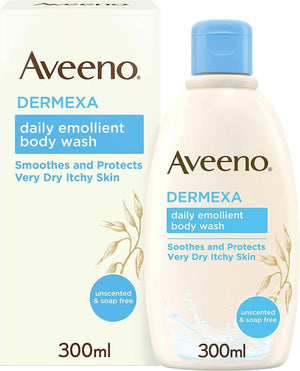
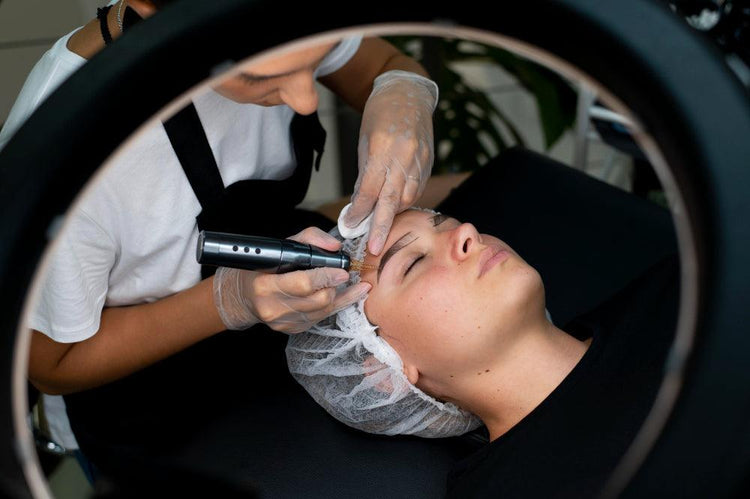

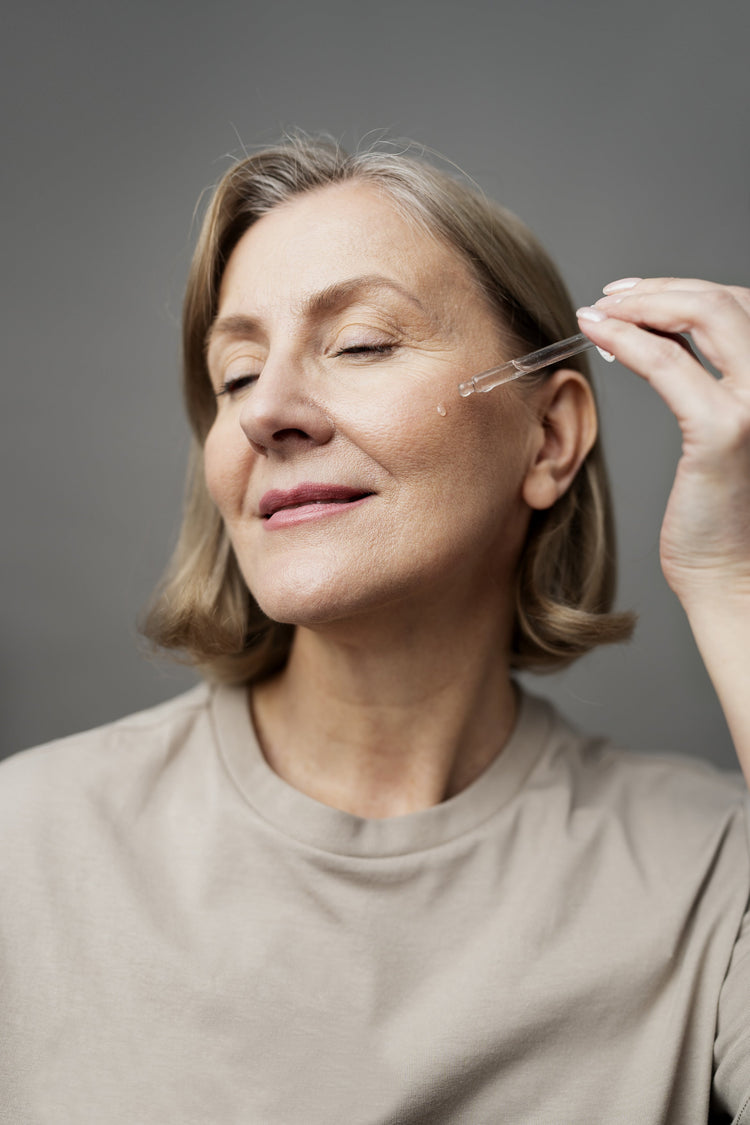
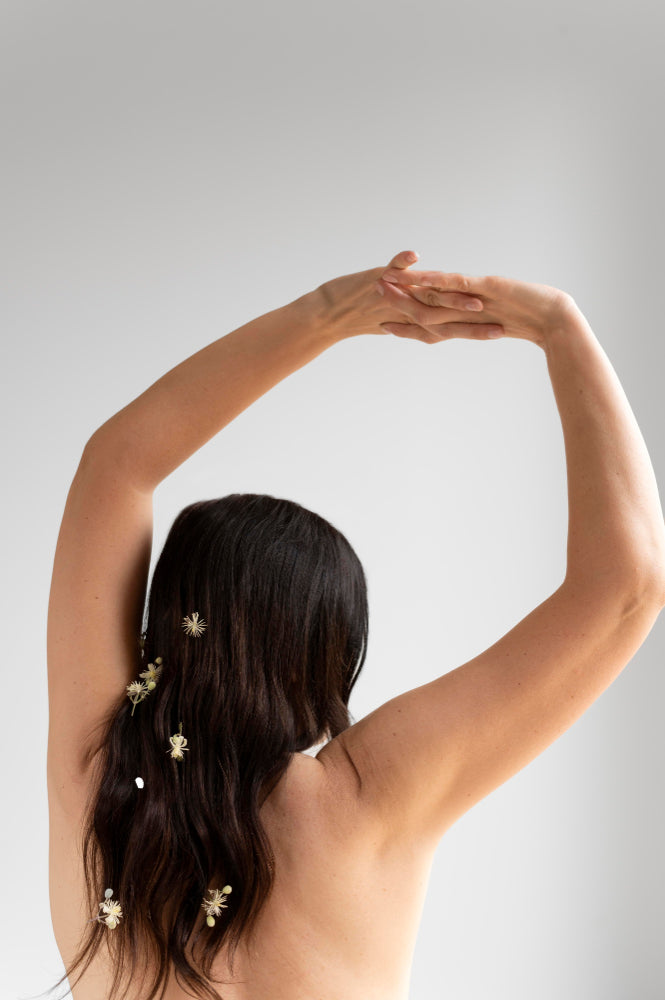

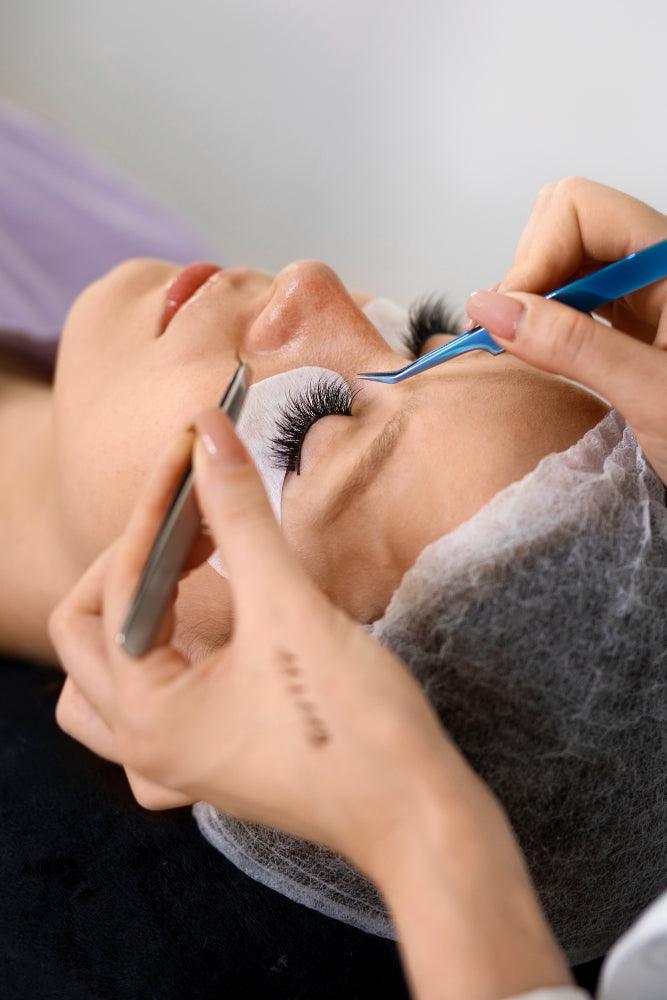

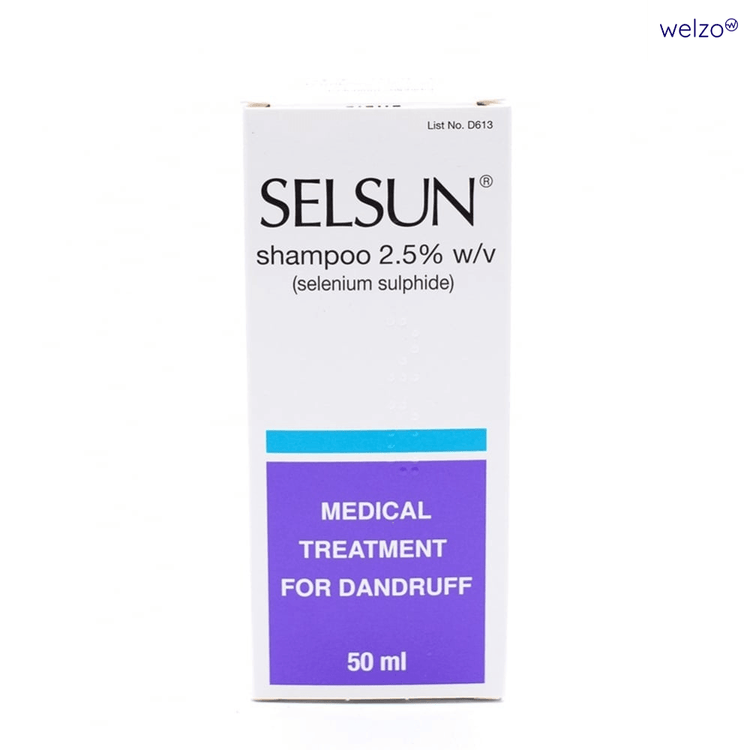
 Rated Excellent by 26,523+ Reviews
Rated Excellent by 26,523+ Reviews